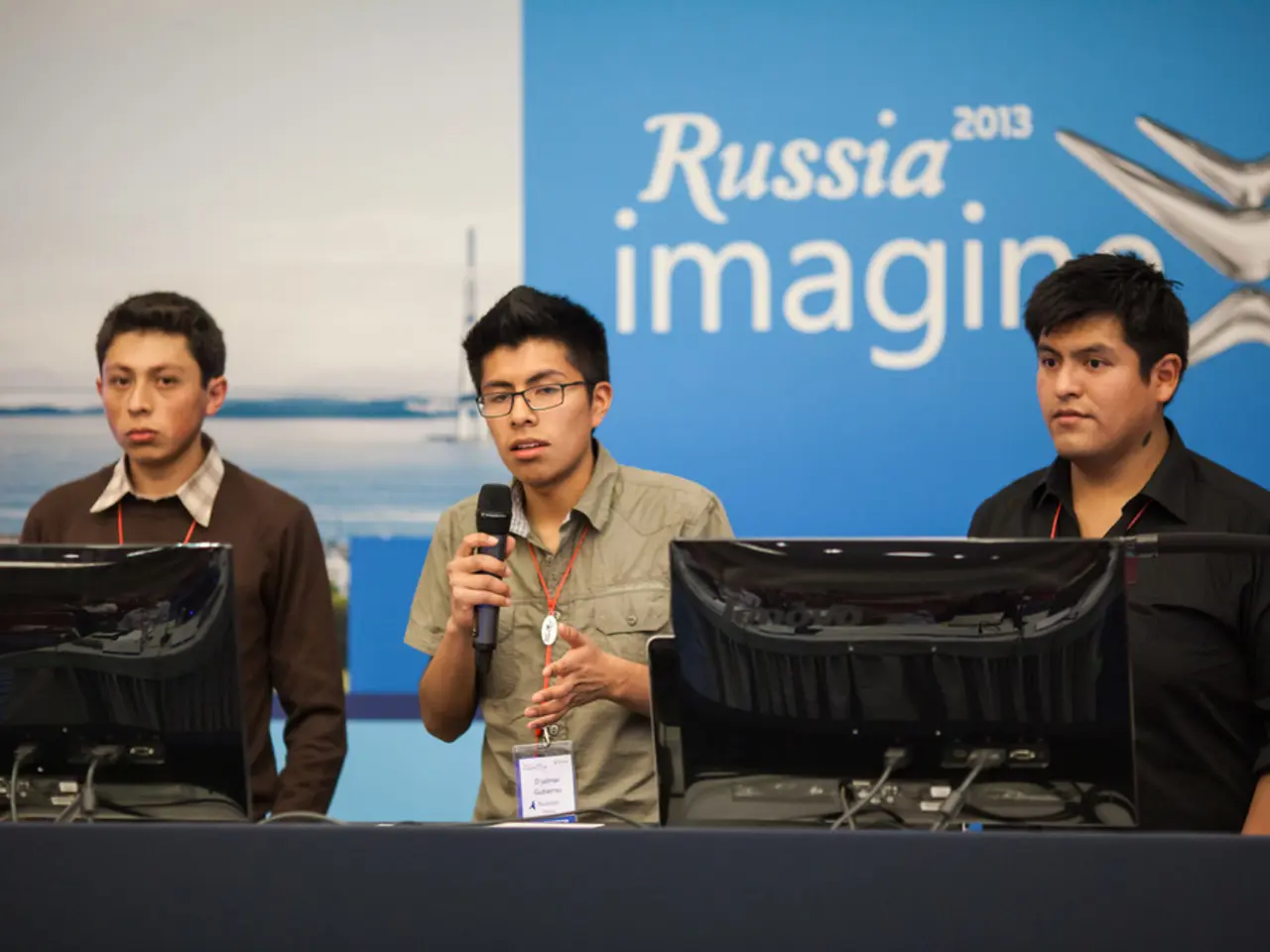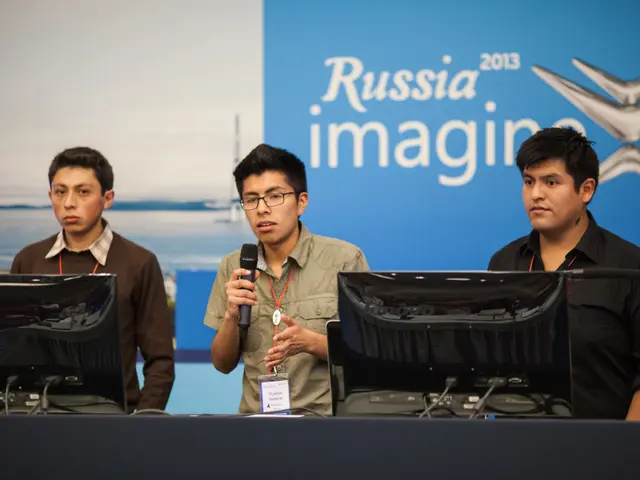Trump Doesn't Foresee any Agreement with Putin
The ongoing conflict between Ukraine and Russia has been met with strong opposition from the European Union (EU), Germany, and NATO, who are adamant against any permanent territorial concessions by Ukraine to Russia. These international bodies are steadfast in their support for Ukraine's sovereignty and territorial integrity, refusing to acknowledge Russian claims to occupied areas.
At the forefront of this support is the European Union and Germany, who remain Ukraine’s largest supporters. European leaders emphasise the need to maintain pressure on Russia through sanctions and security guarantees, advocating for strong alliances to enforce a durable peace that does not involve ceding territory permanently to Russia.
NATO, while not deploying troops inside Ukraine, firmly rejects Russian demands for Ukraine’s withdrawal from occupied territories and refuses to accept Russia having a veto over Ukraine’s security arrangements. They back Ukraine’s defense capabilities but maintain a position against any territorial concessions that would legitimise Russian claims.
The overall stance of the European Union, Germany, and NATO is grounded in concern that ceding Ukrainian territory, such as Donbas or Crimea, would undermine Ukraine’s defense, destabilise the country internally, and set a dangerous precedent for redrawing borders by force elsewhere in Europe, potentially destabilising the Eastern flank and beyond. This stance reflects fears about broader geopolitical instability and even nuclear proliferation risks stemming from such precedents.
In contrast, Russia remains inflexible, demanding full Ukrainian withdrawal from several oblasts and political capitulation, showing no interest in genuine negotiations that would respect Ukraine’s territorial integrity.
President Trump, on the other hand, desires a ceasefire in the conflict between Ukraine and Russia. Trump has promised to inform Ukrainian President Volodymyr Zelenskyy and European heads of state and government about his conversation with Putin after the Alaska summit. During the discussion of a peace solution, Trump mentioned a possible land swap between Ukraine and Russia. However, the EU Foreign Policy Chief Kaja Kallas urges not to discuss concessions until Russia agrees to a full and unconditional ceasefire.
Zelensky perceives the meeting as an attempt by Moscow to deceive and appreciates Trump's determination to end the war. Zelensky will not accept a deal involving territorial exchange and emphasises the importance of Ukraine's involvement in decision-making. The Ukrainian President has also stated that Putin is not preparing for a ceasefire.
In a bid to find a common line between Europeans and US President Donald Trump ahead of the Alaska Summit, German Chancellor Friedrich Merz is working diligently. A virtual meeting of Merz with the heads of state and government of France, Britain, Italy, Poland, and Finland is planned to prepare for the conversation with Trump. European heads of state and government will also meet with Zelenskyy and Trump at Merz's initiative to discuss how to build up pressure on Russia and possible peace negotiations.
Trump suggests a potential meeting between Zelensky and Putin, or a meeting with all three leaders. EU Commission President Ursula von der Leyen, NATO Secretary General Mark Rutte, and Zelenskyy are also expected to participate in the preparatory meeting. Trump will not sign an agreement on the Ukraine conflict with Putin during their meeting in Alaska.
Despite the complexities of the situation, it is clear that the European Union, Germany, and NATO currently reject permanent territorial concessions in Ukraine as part of any peace settlement and support Ukraine’s sovereignty, security, and defense against Russian aggression.
- The European Union, Germany, and NATO maintain strong opposition to any permanent territorial concessions by Ukraine to Russia amidst the ongoing conflict, advocating for policies and legislation that enforce Ukraine’s sovereignty and territorial integrity.
- In the process of finding a common approach towards the Ukraine-Russia conflict, European leaders, alongside President Trump, are focusing on maintaining pressure on Russia through various means, including sanctions and security guarantees, and emphasizing the importance of Ukraine’s involvement in peace negotiations that respect its territorial integrity.







